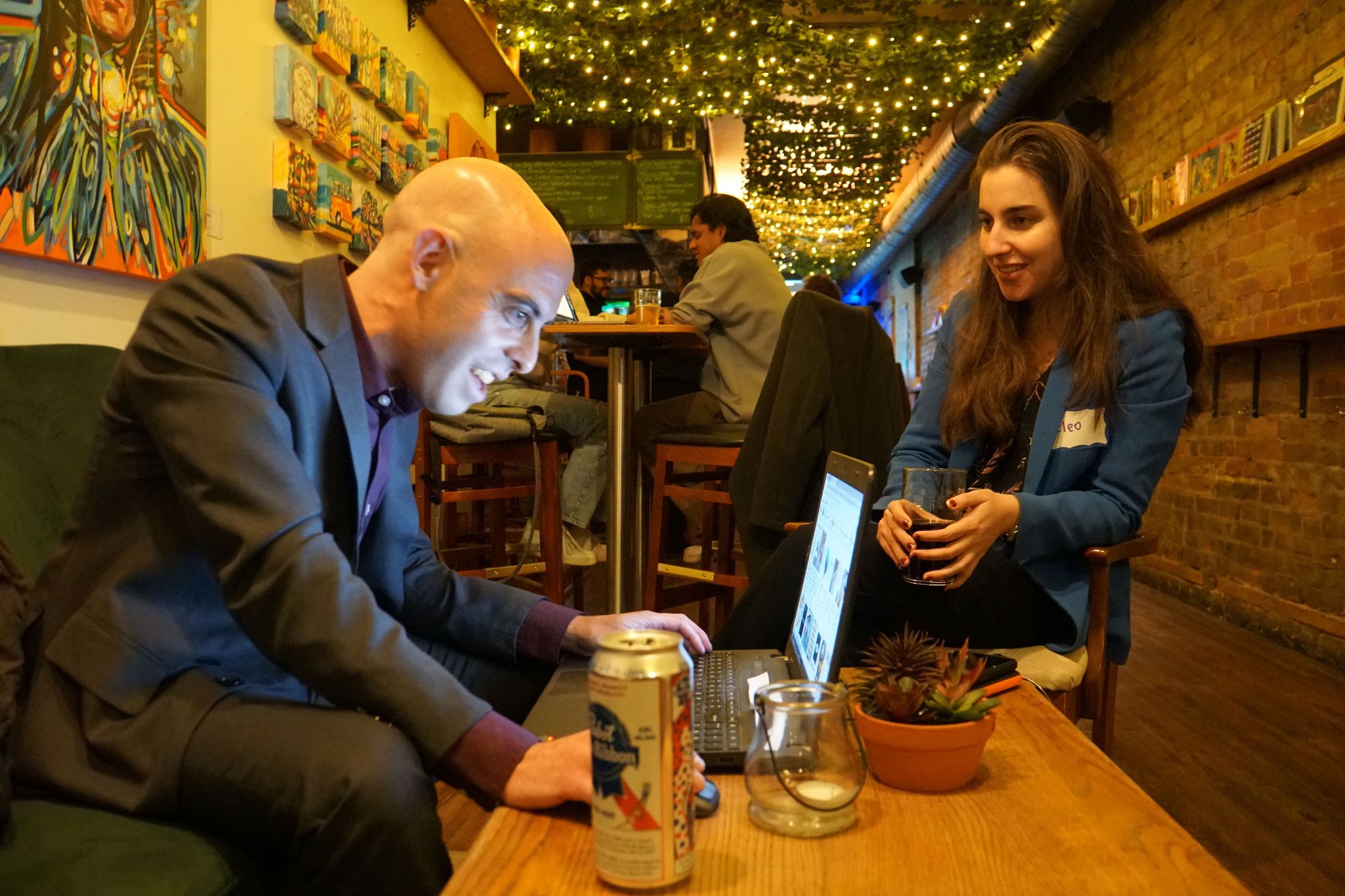
Danu's Power Point Presentation Party XXIII
You have just 30 minutes to make a Power Point presentation on a topic you know nothing about — then present it live!
Join us Wednesday, January 15th at 8:30 p.m. for a Power Point Presentation Party at Danu Social House (1237 Queen St W, Toronto, ON), hosted by Power Point aficionado Haydn Watters.
Sign up in advance and submit your wackiest Power Point topics here: https://forms.gle/4HZgt4u3DBXPB3G68
Give us a few weird and wonderful presentation topics in advance that you would like to see others present on (and you think other people probably don't know much about!). Then when you arrive, we'll give you a topic you know absolutely nothing about in return. Past topics include why Toronto needs more gargoyles, normal behaviours that should be punishable by law and ranking the best public bathrooms in Toronto.
You'll have 30 minutes to come up with a 3-minute Power Point prezi on that very topic. Then you'll present it in front of your new friends, perhaps over a delicious drink or two. There's only one rule: NO CREATING ANY PPs IN ADVANCE!
You can play solo or in a pair – and spectators are most welcome if you just want to cheer the Power Pointers on or you don't want to spend any more of your day staring at a screen.
All you need is a laptop and a Power Point-like program you can create a slide show on (which you'll share with us all). Dressing up in your best business attire doesn't hurt either ... you want to impress the stakeholders, amirite?
"Minimum stand-up comedy, maximum office hijinks."
